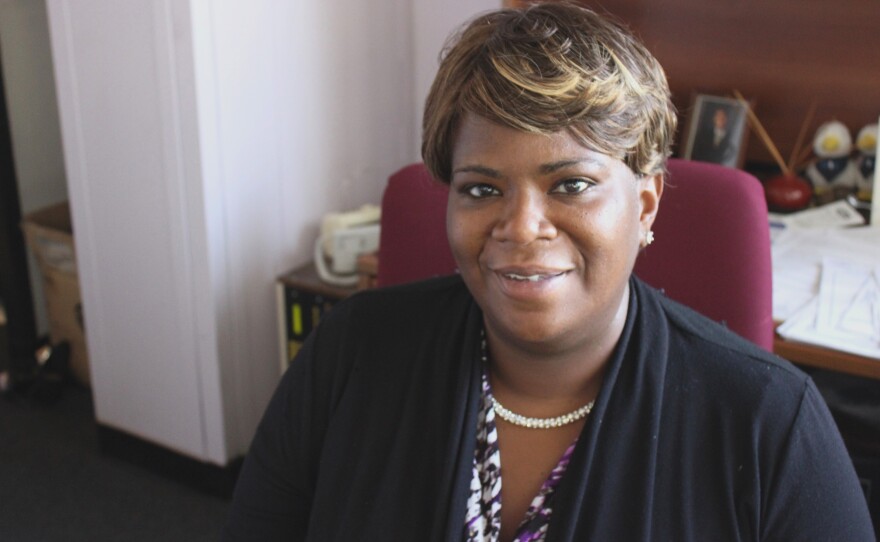In Pittsburgh, African American girls are three times more likely to be suspended than white girls and 11 times more likely to be referred the juvenile justice system. The statistics come from a new "State of the Girls" report by the University of Pittsburgh School of Social Work in partnership with Gwen's Girls, a nonprofit that helps young disadvantaged girls throughout the city.
Additional findings from the report, which was funded by the Heinz Endowments and FISA Foundation, will be revealed at the inaugural Equity Summit on Oct. 14 at Pitt. 90.5 WESA's Katie Blackley asked Gwen's Girls Executive Director Kathi Elliott what she thought about the study and her expectations for the workshop.
Their conversation has been edited for length and clarity.
Blackley: Were you surprised by the report?
Elliott: I was, I was. To see the numbers as high as they are, specifically within the child welfare and juvenile justice system. Even within the school system, we know there are issues with discipline and suspension and expulsion. And so the question is, something has to be done because ultimately what’s happening is youth are being suspended and the bottom line is they’re not being educated, right? So they end up, we talk about the school-to-prison pipeline, that’s exactly what contributes to that—them not getting the educational instruction that they should be instead of staying home and getting suspended.
Blackley: One reoccurring theme at Gwen’s Girls is resiliency. Can you talk about the word and how it manifests in your girls?

Elliott: One of our programs is entitled “See the Best in Me.” And we know that women in general have this legacy of resiliency. And that means that they’ve gone through some type of trauma or issue in their life and despite those things they’ve been able to achieve any goal that they’ve set and to be their best selves. So the program See the Best in Me focuses on equipping our girls to advocate for themselves, for their needs, as well as to look around their communities and their families and if there are issues that they feel they can lend their voice to support and advocate for, then they know how to do that and all the variety of ways of advocating. The other part of See the Best in Me is tied into self-esteem, how they see themselves. But also how often many media outlets display girls and particularly girls of color as disrespectful or sometimes hyper-sexualized. And we’re encouraging them to look at each girl for who they are and the best of what they are.
Blackley: And are you expecting that the summit will help address some of these issues?
Elliott: It’s a hopeful time for me because it’s these systems that recognize that there are issues within their systems, such as racial bias, that contribute to some of the issues and barriers that impact girls on a regular basis. So the fact that they are looking at, first of all that they have done studies and are looking at the data, have evidence that there is an issue and now they’re implementing initiatives to address those issues. So the other piece is that we often function in silos, so now we’re all at the same table, looking at the same data and seeing how the system impacts the other and having conversations about how we collectively address the issues and barriers.
Blackley: The past few years, we’ve heard a lot about violence against people in the African American community. How do you talk about that with your girls?
Elliott: We can actually look at the issues that are going on in the news, but sadly, our girls are experiencing these same things within their own families. With us, within our group home, on a regular basis, I was just having a conversation with a girl yesterday who within the past six months, went to three funerals of close family members who have been victims of gun violence. So that’s one of the key things, too, and the care that we provide for our girls is addressing the trauma. Because if you don’t address the trauma, everything else that we kind of want them to do—like go to school, get good grades, behave—those things can happen or are less likely to happen when you don’t actually take time to help them process these losses that really don’t make sense. So it’s a tough time, but again when we talk about resiliency, it’s equipping our girls with the tools and coping strategies, positive coping strategies to move on and try to be productive. And it’s easier said than done.






